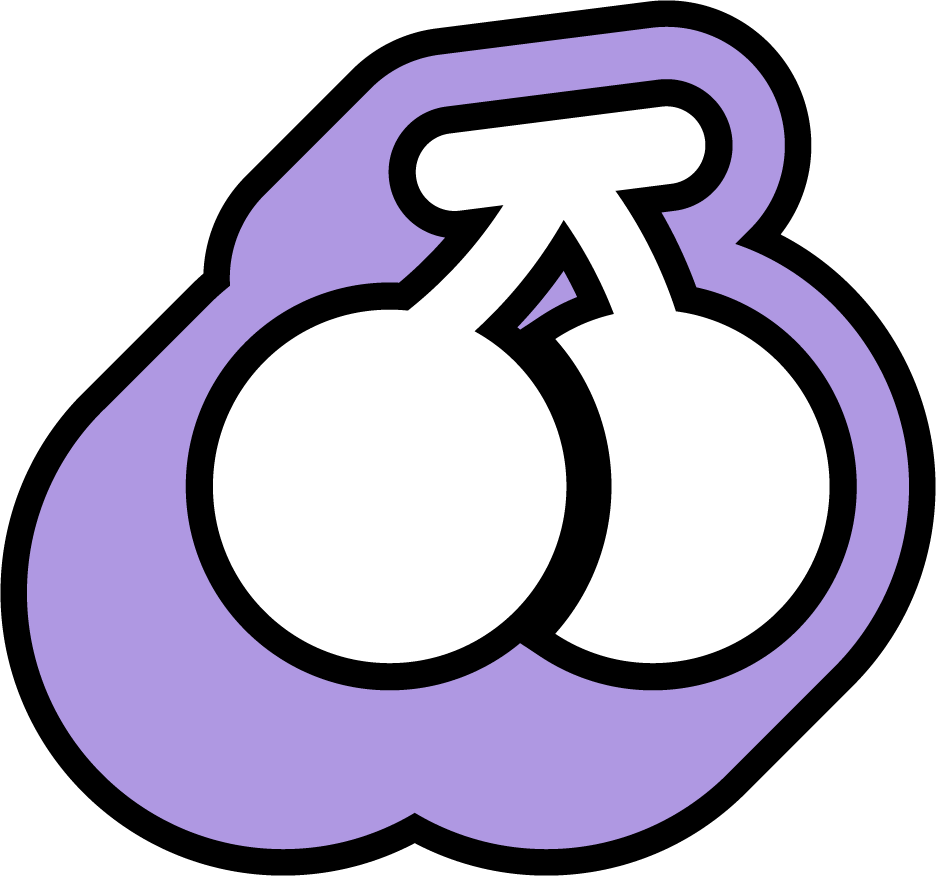Book review: I Want to Die but I Want to Eat Tteokbokki
I offer my personal opinion of the Korean bestseller-cum-‘self-help manual’, and the reason why I didn’t finish it.
Baek’s novel is available at Waterstones now in the new paperback edition. Image: Abby White for Cherry Chu Magazine.
A refreshing format
This non-fiction, semi-autobiographical work by Baek Sehee explores how the author attempts to negotiate her mental health issues by providing transcripts of her conversations with her psychiatrist.
We read transcripts of selected sessions with her therapist as they talk about an array of personal challenges ranging from self-esteem, depression, and anxiety. Intermittently inserted between these session transcripts are summaries from the author as she tries to understand her own behaviour and emotions — the ‘self-help manual’ section of the book.
This structure is unique and the combination of real, personal experience with retrospective advice from the author feels confessional and intimate, similar to reading her diary. It’s refreshing to read work like this that shows raw emotion and uncensored human behaviour, and creates a discussion about these sensitive topics.
Books in translation
Credit is due to the translator, Anton Hur, for a succinct and feeling translation of the original text. Although the original text is very conversational, it’s extremely nuanced and filled with implicit meanings. I believe the translator successfully conveys this while keeping the translated text simple and easy to read. Though, at times, it’s acutely evident that you’re reading a book in translation, this doesn’t take away from the content of the book.
So… What’s wrong?
If I have so many positive things to say about the novel, why didn’t I finish it?
Admittedly, I’m not the biggest fan of non-fiction writing, yet I believe a healthy exploration into the genre can be beneficial (sometimes). While reading Baek’s novel I had one major issue with it — the book’s claim to be ‘self-help’. At first, I wanted to praise the book for starting a conversation about mental illness, especially in a country that has shocking statistics on suicide. In 2022, South Korea had the highest suicide rate among OECD countries, and discussions about depression and seeking professional help can be difficult to find in any type of media. Therefore, it’s worth crediting this book for promoting dialogue about mental health in its context. Further, it can't be anything but positive to have the book translated and published in the UK too, a country which is also limited in its discussions on mental health.
Despite taking this into account, one issue I had with the book fuelled my decision to put it down.
As someone who has personally struggled with mental health issues and sought professional help in the past, I was expecting to find catharsis by reading about Baek Sehee’s own problems and how she found solutions with her therapist. Perhaps this was a naive expectation. However, I wonder what was the purpose of the book, and the label of a ‘self-help manual’ if it wasn’t to find it relatable? I agree that reading about general experiences of someone trying to improve their mental health can be comforting, but I challenge the ‘self-help manual’ elements of the book.
Mental health is a complex issue because it’s so individualistic and personal. The ‘self-help’ marketing that this book has been centred on seems, to me, a little dangerous. Of course, anyone struggling with mental health issues is free to give their take on their own experiences, but marketing the book as a work of ‘self-help’ when the author has no professional qualifications in the area gives the reader unreliable expectations. Perhaps this is more the fault of the publishing house than the author, but this element of the book really distracted me from other unique areas of it that I think should be celebrated; such as the candid rawness of the author's conversations with her psychiatrist.
A sequel to I Want to Die but I Want to Eat Tteokbokki is planned to be released next year, covering the “fallout” to the author’s hospitalisation due to her condition. To make your own decision about the book, you can find it in the UK at Waterstones or online at Amazon (not sponsored).
Edited by Chelsea Cheetham.

